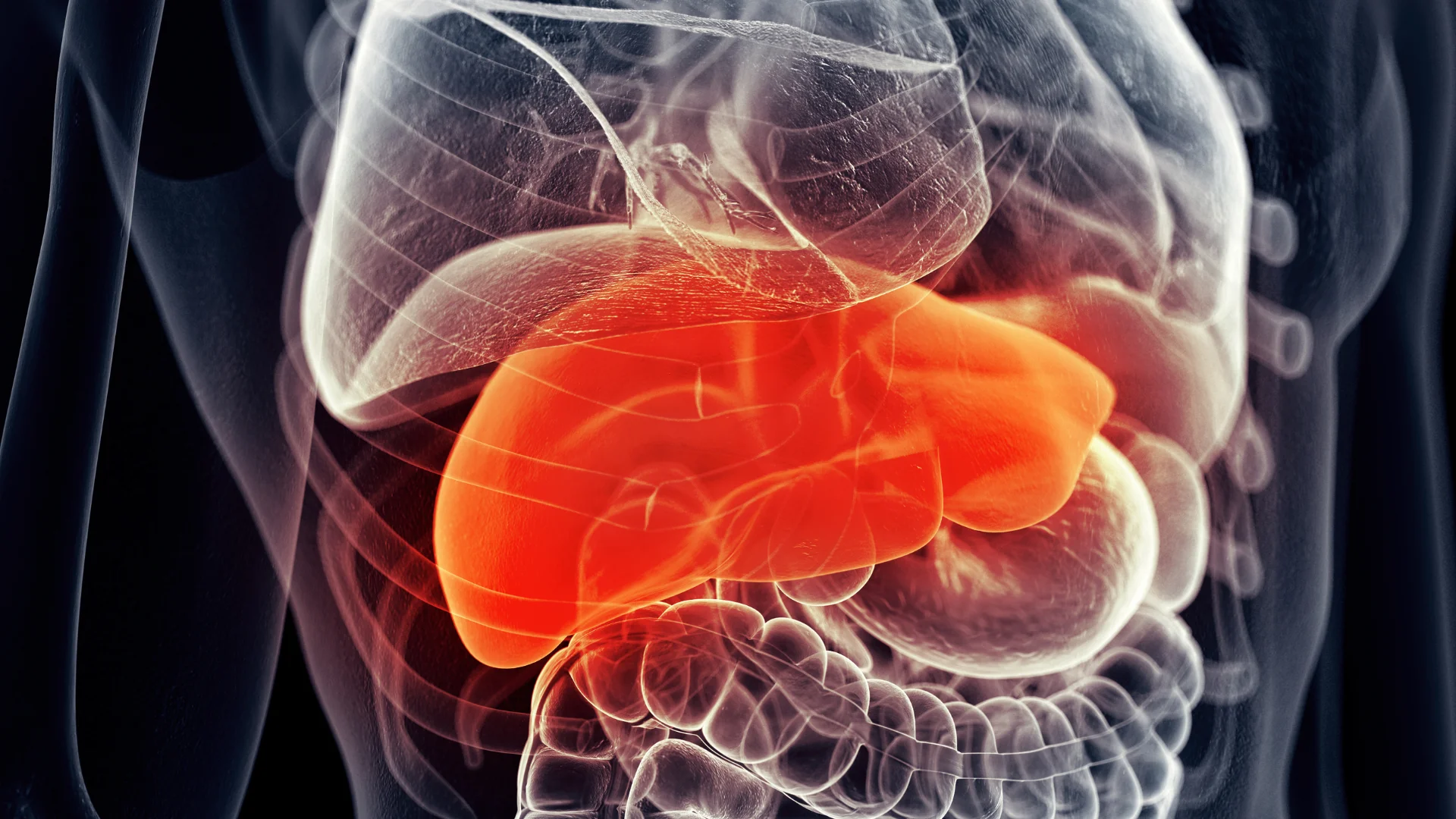
Liver Cancer: Understanding Primary Hepatocarcinoma 🛑
Liver cancer, specifically primary hepatocarcinoma or hepatocellular carcinoma, is a type of cancer that starts in the liver itself. Often called "primary non-metastatic liver cancer," this condition differs from liver tumors caused by the spread of other cancers. Unfortunately, it's becoming increasingly common in developed countries. Men are three times more likely to develop this cancer than women, and it tends to occur:
What Causes It? 🤔
Several factors increase the risk of developing this cancer, including:
Symptoms to Watch For 🔍
Liver cancer can show up in many ways, and it’s important to notice the signs early. Symptoms include:
How Is It Diagnosed? 🩺
If liver cancer is suspected, doctors may recommend several tests to confirm the diagnosis:
Treatment Options 🏥
Treatment depends on how advanced the cancer is and the overall condition of your liver. The most common treatments are:
What to Expect? 🔔
The outlook for liver cancer depends on when treatment starts:
Can It Be Prevented? 🛡️
While not all cases can be avoided, some steps can reduce your risk:
Key Takeaway 🔑
Liver cancer can be challenging, but early detection and proper care can make a big difference. By staying informed about risk factors and symptoms, you can take proactive steps for your health or support loved ones who may be at risk.
🩺 Explore out our Check-Up Programs!
DISCLAIMER: The information presented on this page has been intentionally condensed and simplified to make it accessible and easier to understand for the general audience. Its purpose is solely to provide basic awareness and education on the topic discussed. It is important to note that this content is not exhaustive and does not replace or serve as a substitute for professional medical advice, diagnosis, or treatment. Readers are strongly advised to seek consultations with qualified healthcare professionals or specialists for accurate assessment, personalized guidance, and appropriate medical care. Relying solely on the information provided here, without professional oversight, may lead to misunderstandings or inadequate treatment.
Privacy policy
Copyright ©2025 Klinika Kajo. Designed By Vizional